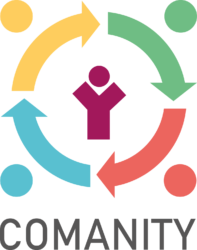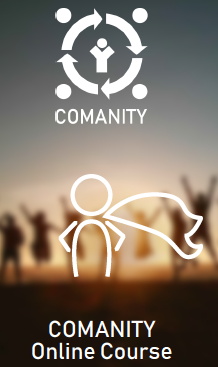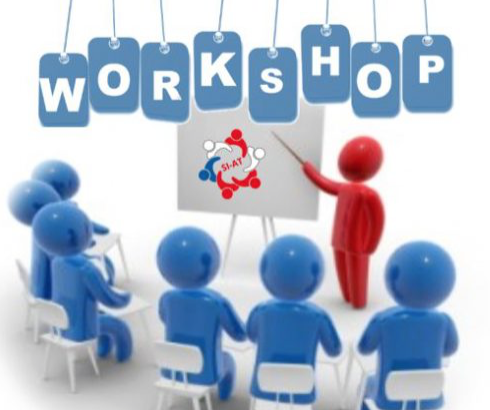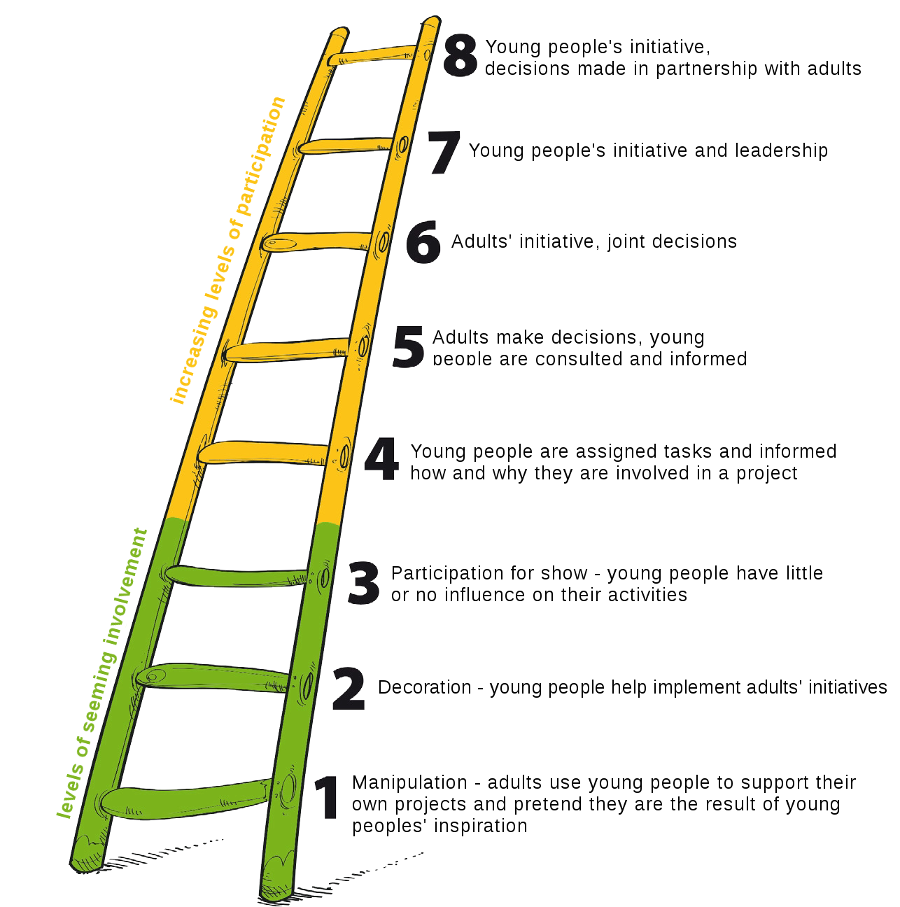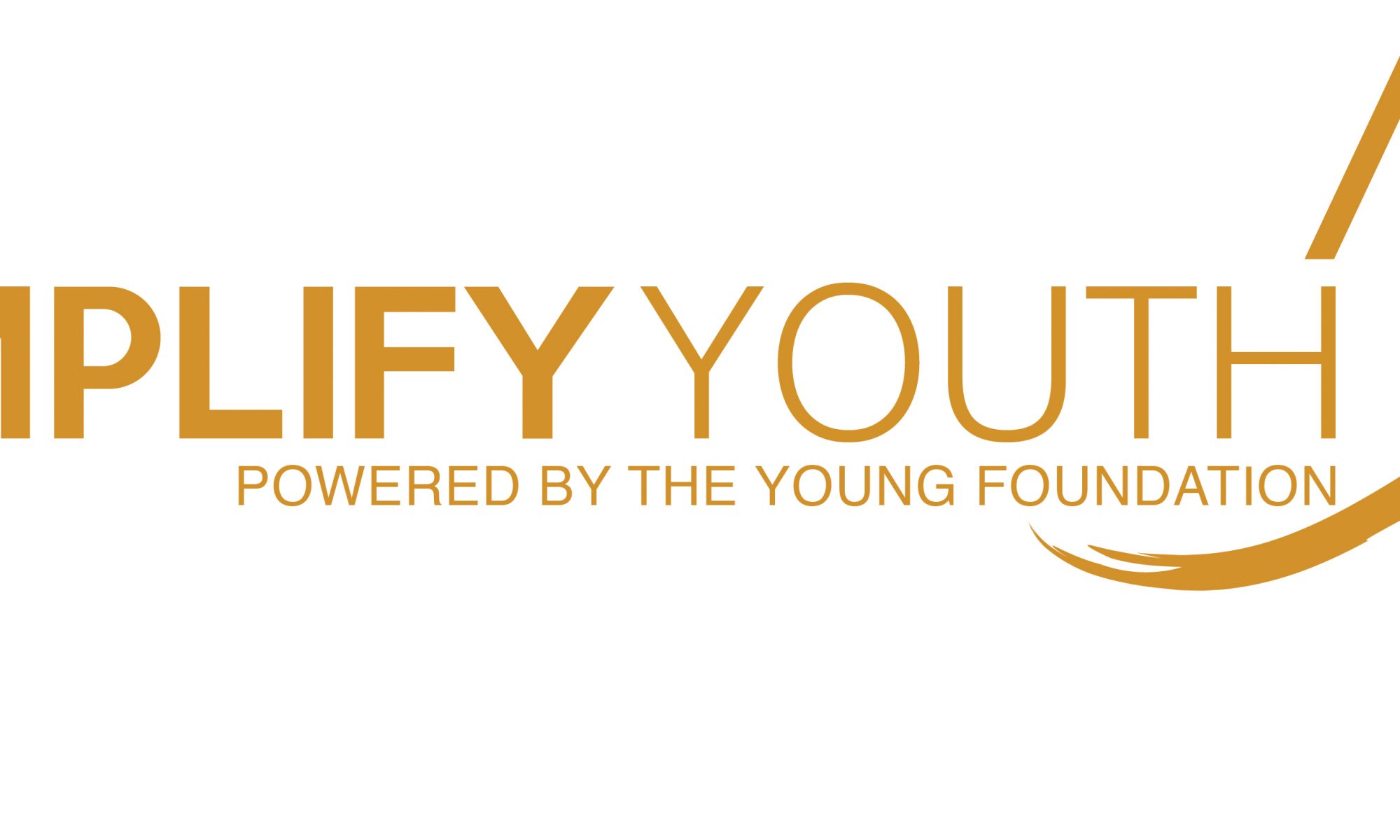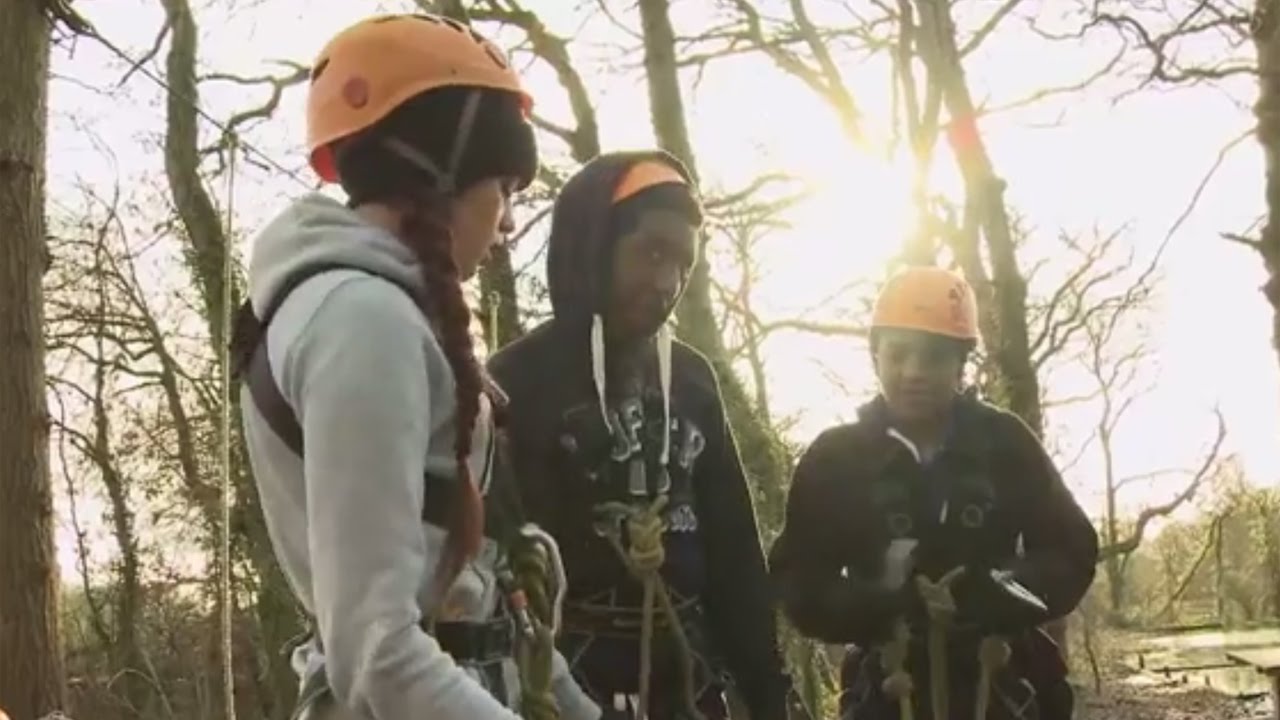Planning and Delivering a Drug Information Workshop
The following extract is from ‘The Substance Use Peer Education Responses Manual’, compiled by Bernie Roe, linked here: https://www.drugsandalcohol.ie/3705/1/1833-1768.pdf
Objectives
- To help the participants identify the practical skills needed when planning a group presentation
- To explore the different ways of presenting information
- To encourage participants to use their own language in presenting information on drugs
- This exercise can also be used for doing some foundation work on the building of confidence and self-esteem
Materials needed
- Health promotion leaflets
- Drug information booklets
- Newspaper articles
- Other drug related handouts or literature
- Slides and visual aids are also useful
Method
- Split the main group into a couple of small working groups.
- Ask each group to focus on one aspect of drugs or drug use that they have an interest in and that they feel is relevant to their peer group.
- The groups are then given time to research and gather information on their chosen topic.
- They have to prepare a presentation using whatever skills and resources that are available within their working group.
As a group they must
- Choose the most appropriate information
- Agree on a presentation style
- Co-operate
- Listen to each other
When they are finished putting their presentation together, each group presents to the other members of the main group.
Questions for discussion
As a group explore the most important aspects of presenting information.
- How important is adequate planning?
- What are the most effective and least effective ways of getting your message across?
On participation and empowerment
Roger Hart’s ladder of participation above.
A selection of reports may be found below relating to both empowerment and participatory methods.
Article links:
- Young Foundation – Join the coversation: https://youngfoundation.org/publications/join-conversation-collection-simple-ideas-planning-social-action-community/
- Empowering Young People – Participatory Methods: http://www.participatorymethods.org/sites/participatorymethods.org/files/empowering%20young%20people.pdf
- Empowering Young People to participate in society – Europa: http://ec.europa.eu/assets/eac/youth/events/documents/youthweek_brochure_en.pdf
Game: “The Matrix of (online) Risks and Threats”
Being aware of the many risks and threats of online use is an important aim of the COMANITY project. Because it seeks to reinforce young people’s capacity to detect those threats and to be more resilient, with this game below, youth workers and volunteers will have a practical tool to use to show young people how to be more careful online. What is best than a game to learn about it?
“The Matrix of Risks and Threats” is a game that aims to identify the risks and threats of online use. It is one of the resources promoted by the SocialWeb – SocialWork project.
Try the tool here: https://www.socialweb-socialwork.eu/content/modules/4_de/index.cfm/secid.22/secid2.41
The purpose of the SocialWeb – SocialWork project was to improve children’s online safety by availing the positive energy and influence of social work on vulnerable children and youths. Nowadays the Internet is no longer a mere tool for information search but rather the platform for social life and it is only logically consistent to involve the area of social work in strategies for a safer Internet for children and youths. The primary target group of the project were professionals working with children and youth at risk in various fields of activities. For young people who face a higher vulnerability due to social or educational disadvantages, having disabilities or other special needs, educational professionals in the broad field of social youth work often fill the role of a confidant. Therefore the project strategy of SocialWeb – SocialWork was built on the professionals’ detailed knowledge and acquaintance with situations of daily life and the needs of their young target group, and sensitively addressed their possible reluctance to digital media usage in social work.
During the project’s 24 months runtime, a training campaign was piloted in the participating partner countries and evaluated in regular cycles to measure the effects of such qualification for the improvement of Internet safety of vulnerable children and youths. The project resulted in a training programme consisting of both face-to-face and online learning units and an additional train-the-trainer strategy, thereof all elements have proven their transferability and scalability to other European countries and further groups of professionals working with children and youths at risk.
SocialWeb – SocialWork was a knowledge enhancement project in the Safer Internet Programme funded by the European Commission. The project consortium consisted of: Stiftung Digitale Chancen, Germany (project coordinator) Narodni centrum bezpecnejsiho internetu, Czech Republic Association Rural Internet Access Points (RIAP Association), Lithuania Nobody’s Children Foundation, Poland Fundación Esplai, Spain.
Participatory action research – The Young Foundation: Amplify
A ‘food for thought’ publication on their Amplify work, and community participatory action research from the Young Foundation:
“Designed and developed by the Young Foundation in partnership with communities, Amplify responds to the real, lived experiences of people and the communities in which they live and is based on the principles of listening deeply and treading carefully. Amplify connects people to take action together. It combines research, community engagement and action to spark new ideas for tackling the key challenges faced by communities.”
More information is available on their webpage at: https://youngfoundation.org/publications/amplify-voices-actions-places/
The “Amplify: Voices and actions in places” report: https://youngfoundation.org/wp-content/uploads/2018/04/Synthesis-Report-Digital-April-2018.pdf
Residential experiential and adventure education
Examples of residential, empowerment and development work – adventure and the residential experience from The Prince’s Trust Team Programme, Brathay Trust and StreetGames.
